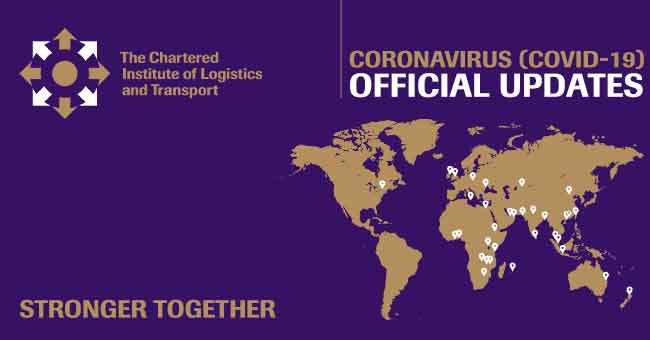The support situation for businesses who have reduced levels of activity or who have had to cease activity entirely will vary hugely by country. Importantly each business needs to understand the legislation being brought in and apply it accordingly.
In the UK, the government has offered the following support to business:
- The Chancellor has outlined an unprecedented package of measures to protect millions of people’s jobs and incomes as part of the national effort in response to Coronavirus. This comes as Government instructs entertainment and hospitality premises, like bars and restaurants, to close to limit the spread of Coronavirus.
- A new Coronavirus Job Retention Scheme will be set up to help pay people’s wages. Employers will be able to contact HMRC for a grant to cover most of the wages of their workforce who remain on payroll but are temporarily not working during the coronavirus outbreak. Any employer in the country- small or large, charitable or non-profit- will be eligible for the scheme.
- Universal Credit and tax credits will also be increased as part of an almost £7 billion welfare boost, in one of the most generous business and welfare packages by any government so far in response to Covid-19.
- To ease cash flow pressures for UK VAT registered businesses, VAT bills from now until the end of June, will be deferred until the end of the tax year.
The UK Chancellor’s workers support package means:
- UK workers of any employer who is placed on the Coronavirus Job Retention Scheme can keep their job, with the government paying up to 80% of a worker’s wages, up to a total of £2,500 per worker each month. These will be backdated to 1st March and will be initially open for 3 months, to be extended if necessary.
- VAT payments due between now and the end of June will be deferred. No VAT registered business will have to make a VAT payment normally due with their VAT return to HMRC in that period. Income tax payments due in July 2020 under the Self-Assessment system will be deferred to January 2021, benefitting up to 5.7m self-employed businesses.
- Additionally, the Coronavirus Business Interruption Loan Scheme, launched at Budget, will now be interest free for twelve months.
- The standard rate in Universal credit and Tax Credits will be increased by £20 a week for one year from April 6th, meaning claimants will be up to £1040 better off.
- Nearly £1bn of additional support for renters, through increases in the generosity of housing benefit and Universal Credit. From April, Local Housing Allowance rates will pay for at least 30% of market rents in each area.
This is an example of a business response from UK which we are sharing as part of our global best practice resource to help you think about and determine appropriate responses locally

